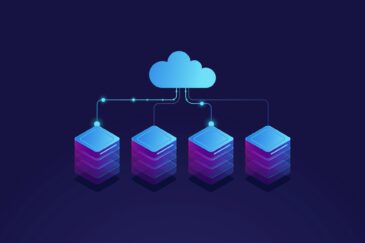Key Differences Between Oracle ERP Cloud and Oracle EBS

- September 8, 2022
- Jhansi Rani
- 0
Moving on-premises ERP software to the cloud can have several advantages like a better time to value, faster innovation, greater scalability, and lower costs. Cloud-based ERP systems now offer many of the same features and functionalities as their on-premises counterparts. They also simplify the integration of emerging technologies like analytics, mobility, collaboration, IoT, and social tools.
Are you evaluating whether a SaaS solution like Oracle ERP Cloud is right for your company as a replacement for Oracle E-Business Suite? We can help you decide just that by diving deep into the differences between the two solutions so that you can make a knowledgeable decision.
What is Oracle ERP Cloud?
What is Oracle E-Business Suite?
Cost-Effective
Functionality
Time-to-Value
Easy Access
Robust Infrastructure
Oracle Cloud Infrastructure (OCI) for Oracle ERP Cloud service can help you deploy the best solutions for your needs using a vast partner network. However, Oracle EBS wasn’t designed to connect with third-party applications and doesn’t support many connectors.
Automatic Updates
Seamless Integration
Pay-as-You-Go Pricing Model
Better User Interface

Services
Products
Company
Copyright © 2025 Rite Software Solutions & Services LLC. All rights reserved.



